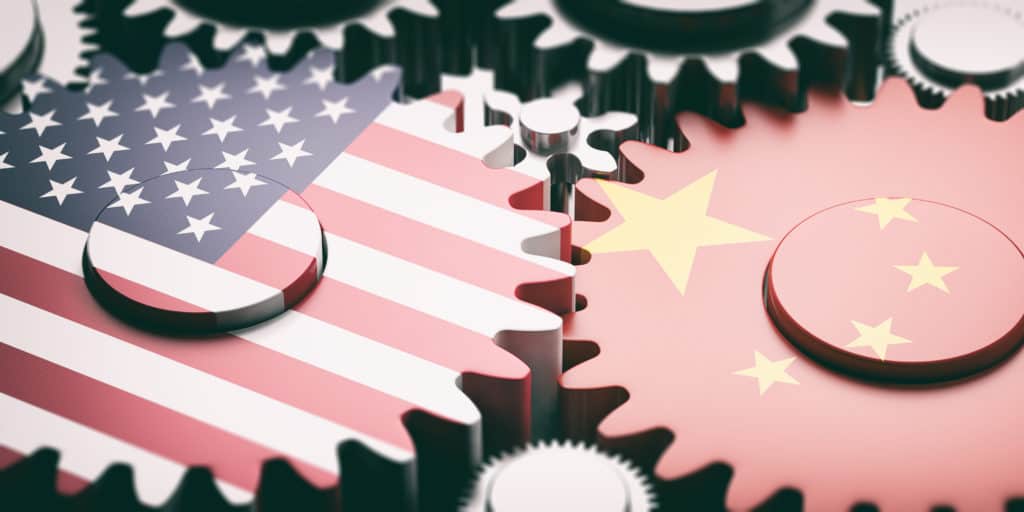
By Paul R. Michel
America can’t outcompete low-wage countries when it comes to manufacturing cheap, mass-produced widgets.
But we can — and historically have — outcompeted every other nation when it comes to creating superior technology, from semiconductors and smartphone operating systems to advanced medicines.
Unfortunately, this advantage is disappearing. Competitor nations have greatly improved their policies which enable technological breakthroughs.
America is heading in the opposite direction. Our leaders are actively weakening the patents, trademarks, copyrights, and other intellectual property protections that incentivize companies to make investments in new technologies.
Until recently, the U.S. patent system was the global “gold standard.” It was imitated by other nations, particularly archrival China. Over the past few years, China has upgraded its system to the point that, in many respects, it now surpasses our own. Patents are more rapidly granted, remedies to prevent IP theft are more common, and the laws are modernized almost annually. The list goes on.
Meanwhile, the United States has been weakening its patent system. In 2011, Congress over-reacted to exaggerated complaints by Big Tech companies about “patent trolls,” — firms that buy up patents and sue reputable companies for infringement — and instituted a powerful tribunal inside the U.S. Patent and Trademark Office that usually invalidates patents challenged there.
The Supreme Court has also made challenging patents easier, made injunctions to stop infringement generally unavailable, and shrank the scope of inventions eligible for patenting. Today, many important inventions held ineligible for patenting here are eligible throughout Europe and in China.
This represents a huge failure of U.S. leadership.
Fortunately, leaders are emerging in the U.S. Senate who are focused on reviving patents to invigorate economic growth and job creation: Senators Coons, Tillis, Hirono, and Cotton. They are leading efforts to make more inventions eligible for patenting.
Separately, Senators Schumer and Young are proposing to increase federal funding for technology by sponsoring the American Innovation and Competition Act.
This effort is vital to U.S. recovery in economy and technology because public funding, which helps spur private sector innovation, has been shrinking for decades — as has private investment. Venture capital firms insist on their clients obtaining ownership rights before committing the needed funds. So, prospects for our future prosperity rise or fall in line with the strength of IP protections.
However, Big Tech has convinced many of their colleagues to leave matters alone. Their legions of lobbyists swarm Capitol Hill, suggesting that patent revival is not necessary. Only a few members, such as those named above, understand the link between robust patents and economic revival.
Economic progress requires fixing our ailing patent system. And we must do so soon— before China replaces us as the world’s leader in the advanced technologies that will dominate the 21st Century.
Paul R. Michel served on the United States Court of Appeals for the Federal Circuit for 22 years, and as its chief judge from 2004 until his retirement in 2010. This piece originally ran in VentureBeat.





